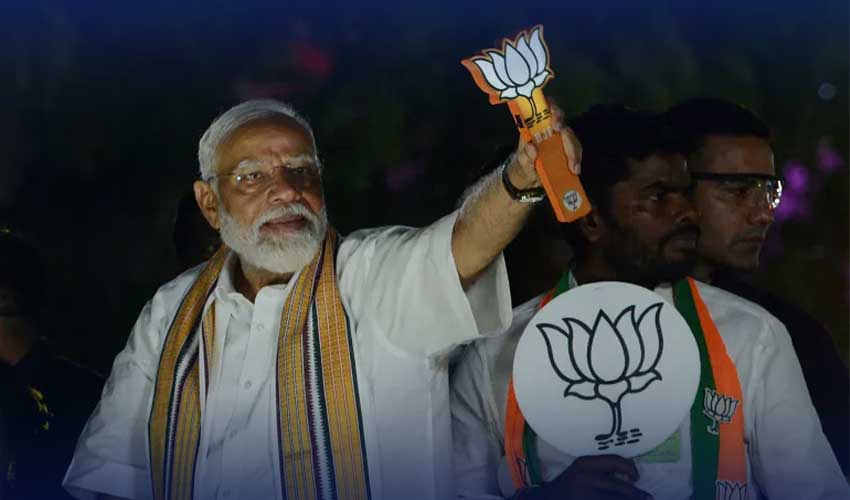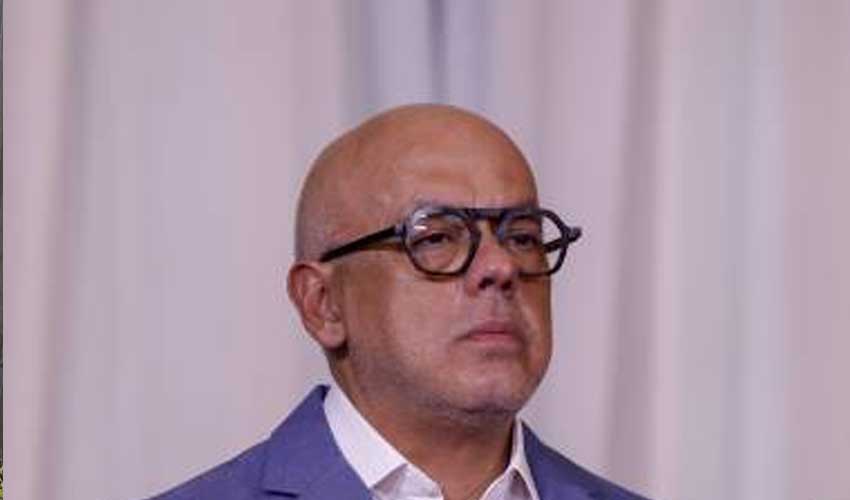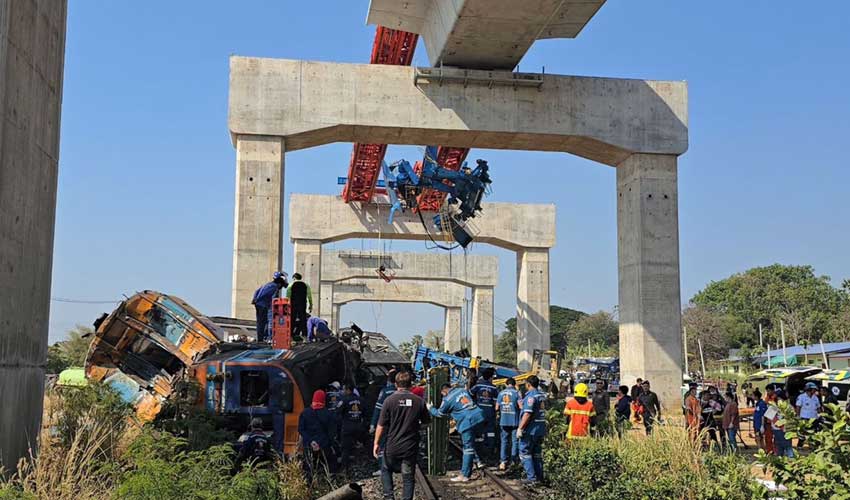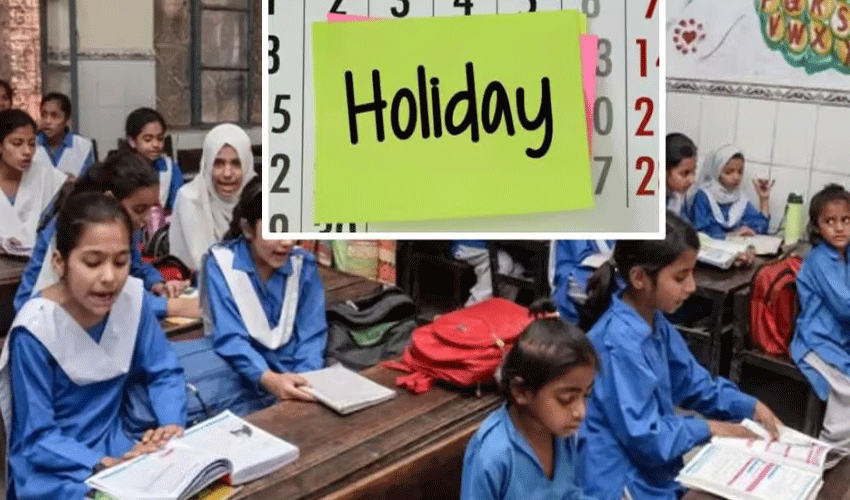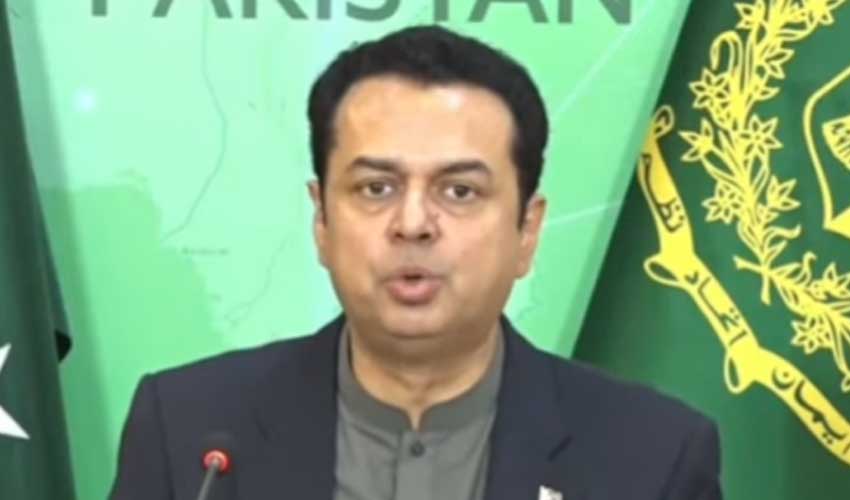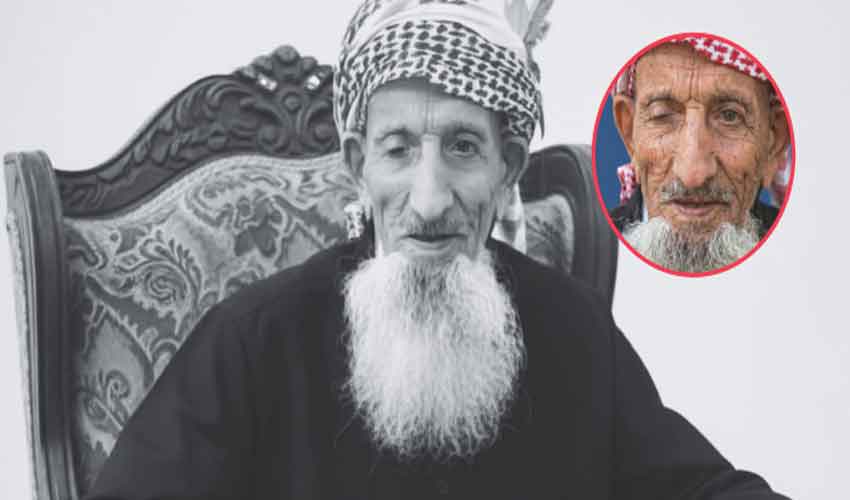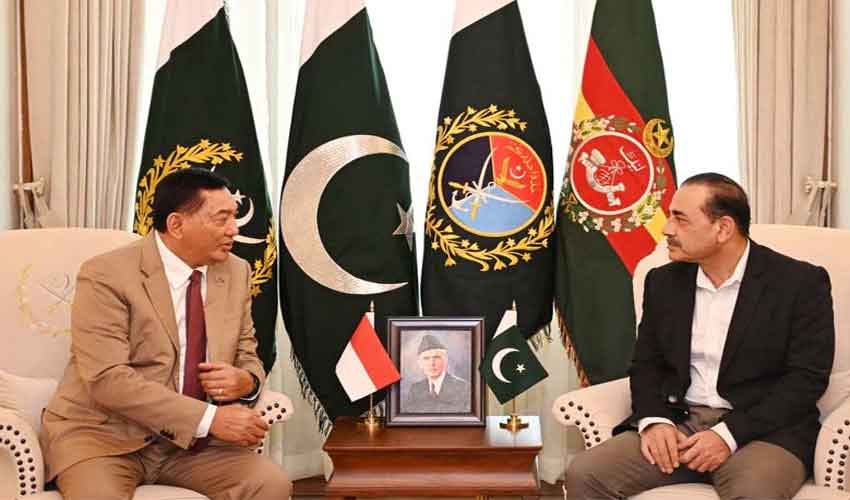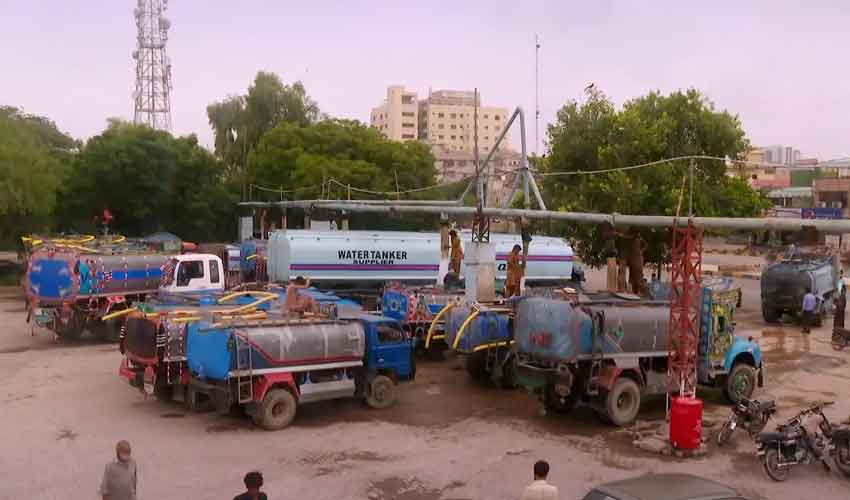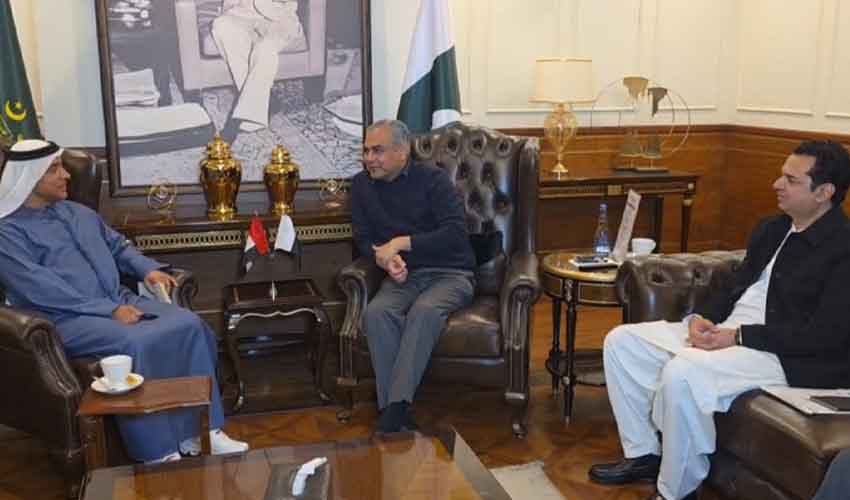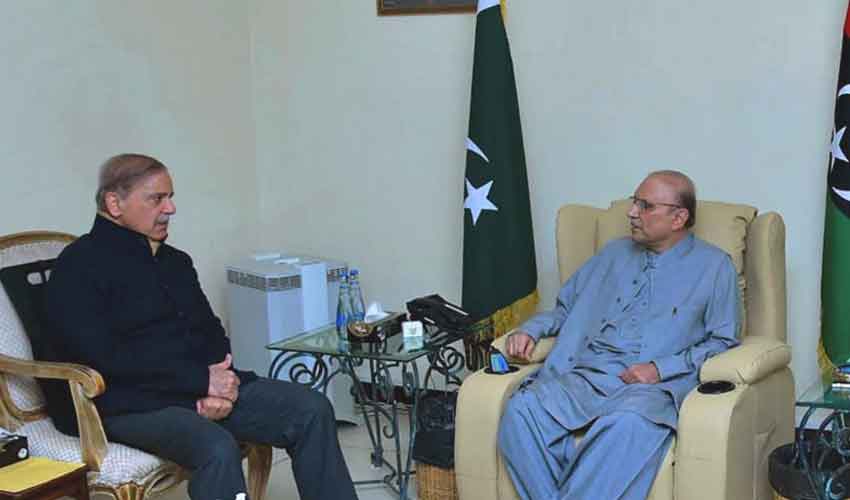In recent Indian elections, the Bharatiya Janata Party (BJP) has leaned heavily on an anti-Pakistan narrative to sway voters, as evidenced by Narendra Modi's aggressive stance and inflammatory speeches.
This strategy aims to distract from pressing domestic issues such as a 45-year-high unemployment rate and rising inflation, critics argue.
Opposition leaders, including Congress's Mani Shankar Aiyar, have criticized Modi's tactics, advocating for respect towards Pakistan and highlighting the need to focus on India's internal problems.
Priyanka Gandhi of Congress shared these sentiments, urging voters to address issues like unemployment and farmers' plights rather than falling for divisive rhetoric.
Also read: Another Indian citizen arrested in Hardeep Singh Nijjar murder case
The BJP's approach includes leveraging incidents such as the 2019 Pulwama attack, which many viewed as a calculated move to garner electoral support. In the current elections, Modi has similarly invoked fears of terrorism in regions like Rajouri and Poonch.
Human rights organizations, including the United Nations and Human Rights Watch, have condemned the BJP for its treatment of Muslims in India, citing increased insecurity and extremism against the community. These groups have called on Modi to address serious human rights violations.
The BJP's reliance on anti-Pakistan sentiment raises concerns about regional stability and the long-term impact on Indian society. Voters now face a crucial decision: whether to prioritize divisive narratives or to focus on addressing India's socio-economic challenges.
By perpetuating unrest in the region for political gains, the BJP risks further destabilizing both India and its neighbors, while potentially compromising the well-being of its own citizens.





